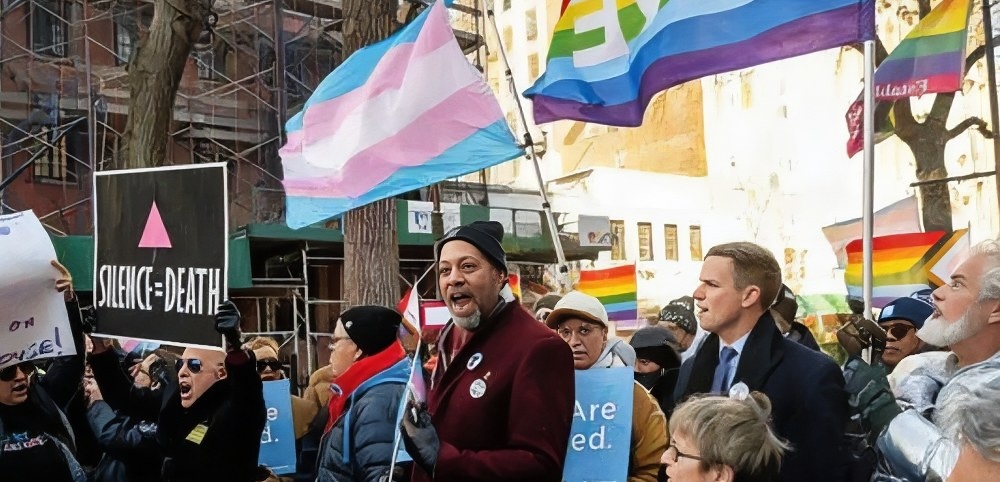
Road map to legalisation launched
Last week Sydney played host to the Australian launch of a book that sets out what the world might look like if drugs were legalised and regulated.
After the War on Drugs: Blueprint for Regulation, was launched in the NSW Parliament by Greens MLC Ian Cohen and the Australian Drug Law Reform Foundation.
After the War on Drugs was written by Stephen Rolles, head of research at the UK’s Transform Drug Policy Foundation. The book was launched simultaneously in major cities across the globe.
Also present to support the launch were broadcaster Phillip Adams and the former federal Liberal Education Minister, Professor Peter Baume.
Cohen told those gathered there was a wellspring of support for regulating drugs in the community, but uncertainty about what that might look like in practice had left people unsure of how to proceed.
“There is growing recognition in many countries that the global prohibition of drugs has not only been a failure, but has had very severe adverse effects. A major barrier to drug law reform has been fear of the unknown — what would a post-prohibition regime look like?” Cohen said.
“For the first time anywhere, Blueprint provides a detailed road map. It shows how to regulate all currently prohibited drugs by proposing specific models of regulation for each type of drug, coupled with the principles and rationale for doing so.”
Adams told the room there was a simple choice to be made.
“Either criminals control drugs, or governments do,” he said.
“By the cautious implementation of a legally regulated regime, we can control products, prices, vendors, outlets, availability and use a range of regulatory models, depending on the nature of the drug and evidence of what works. Under prohibition we have no controls whatsoever.”
Baume said while legal drugs caused adverse health effects, their regulation had kept crime and the violence associated with it out of the trade.
“Much of what we call the drug problem is caused by the fact that prohibition gifts the market to criminals,” Baume said.
“Government regulation and control would help stabilise transit and producer countries, significantly reduce property crime and the prison population, improve the wellbeing of drug users and their families, protect young people and vulnerable communities and save billions of dollars that could be spent on dealing with the root causes of problematic drug use.”











